Early life and career
Betty Luckham (then Thompson) was born in 1930 in Georgetown, British Guiana (since February 1966, the independent Republic of Guyana). The Thompsons were a happy, lively family. Betty had two sisters and two brothers, a gentle retiring mother and an inspiring father who taught her to play chess, tennis and bridge. She did well at St Joseph’s convent school. While continuing her education at Carnegie College of Domestic Science, she was very involved in helping to care for relatives of her mother who were in poor health.
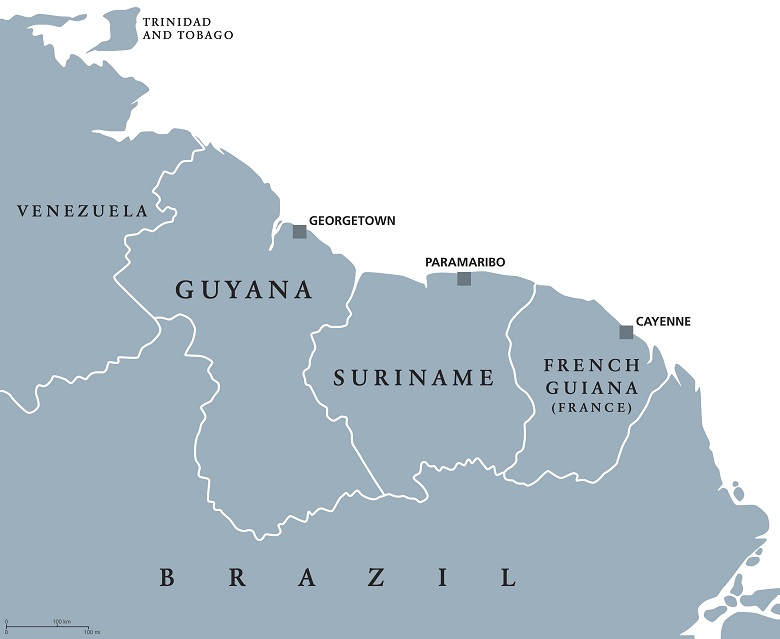 Map showing the location of Guyana
Map showing the location of Guyana
At 18, Betty entered the world of work, beginning in the Department of Transport and Harbours before joining the civil service in the Housing and Planning Authority. Here she took on the role of Women’s Housing Officer, interviewing families, and investigating and recording the conditions in the slum areas. This was part of a town planning programme to replace slum dwellings with better housing.
 Georgetown, British Guiana, 1953. Members of staff from the Government Housing and Planning Department in the colonial civil service. Betty (far right) is wearing an elegant outfit of striped taffeta. The multi-ethnic staff reflects the diversity of British Guiana's ethnic and cultural mix.
Georgetown, British Guiana, 1953. Members of staff from the Government Housing and Planning Department in the colonial civil service. Betty (far right) is wearing an elegant outfit of striped taffeta. The multi-ethnic staff reflects the diversity of British Guiana's ethnic and cultural mix.
Movement to the UK
Taking advantage of the “long leave” privilege enjoyed by British civil servants, Betty visited England from British Guiana for holidays before she came to settle in 1959. This was before the colony became independent Guyana. At this time, the 1948 British Nationality Act meant everyone from the colonies was a British subject, free to come and go, work or settle in the UK. On one of these trips, Betty met someone special and after a flurry of letters while back in British Guiana, returned to England to marry Bryan Luckham. They studied at the London School of Economics where Betty gained a Diploma in Social Sciences.
Betty and Bryan settled in Manchester in 1961. Bryan worked in Adult Education and Betty began her lifelong connection with the African Caribbean community in her new role as a community development worker employed by the Commission in the UK for the West Indian Federation. The aim of the post was to support newly arrived West Indians settle in the UK. Betty began by going door to door in Moss Side inviting people to a series of community meetings.
Through this work she met Mama Elouise Edwards, a fellow Guyanese, and they began a long and fruitful partnership working on a range of projects creating spaces for the African Caribbean community to come together to develop their physical and spiritual well-being. By the time the funding for her post ended, Betty was so deeply involved that she continued working with people on the many projects that were taking shape. Associations were formed for the different West Indian island groups. These led to the formation of an influential umbrella group, the West Indian Organisations Coordinating Committee, the WIOCC.
The work of the West Indian Organisations Coordinating Committee
This was the group that, in 1984, began to develop the concept which later became Cariocca Enterprises. The WIOCC campaign was planned and organised by a formidable group of committed and capable leaders, Betty among them, as well as Louise Da-Cocodia and Elouise Edwards. Its strategy was aimed at addressing the disadvantage and exclusion of ambitious Black entrepreneurs. It aimed to provide a place for inner city businesses to set up and grow with professional support and training, enabling them to participate fully in the economic life of their communities.
After a determined and carefully planned campaign for a location, with the support of local councillors and several MPs, Manchester City Council finally agreed the use of the Ardwick site. The search for development funding was long and hard. Finally, in 1989, Cariocca Enterprises was established and building began at Hellidon Close. Louise Da-Cocodia was the first Chair and Betty the Company Secretary and, later, Chair.
 Headquarters of Cariocca Enterprises, Hellidon Close, Ardwick.
Headquarters of Cariocca Enterprises, Hellidon Close, Ardwick.
In January 1990, the first tenant took possession of a workspace unit and Cariocca went from strength to strength. There are now two Cariocca Enterprise Parks, the original headquarters at Hellidon Close, Ardwick and a second at Sawley Road, Miles Platting. The organisation offers a variety of flexible, managed workspaces on two sites, and provides support and training for small businesses. Cariocca also sponsored the research which led to the establishment of the vibrant Louise Da-Cocodia Trust Saturday School. Betty continues to be an influential advocate of the school.
Betty’s wide-ranging community involvement included her support for women and families through the Abasindi Cooperative. This organisation was based in the Moss Side People’s Centre. Though it never described itself as a feminist organisation, Abasindi, a Zulu word for survivors, was actively involved in dealing with the many challenges facing Black women in the 1980s and 90s. Its projects and activities were a pragmatic expression of feminism, offering support groups for the elderly, Saturday and Summer schools for school children, cultural activities such as dance, drumming and drama and powerful campaigns in support of women and children facing deportation.
Betty’s collaboration with other activists like Elouise Edwards and Louise Da-Cocodia provided leadership and vision, enriching the lives of so many families in Manchester’s African Caribbean community and fostering the creation of organisations that today are platforms for further growth and development.
To close, here is the voice of another strong Guyanese woman, the poet Grace Nichols. Her poem echoes the spirit of Betty’s work with women in Manchester. A lifelong commitment to self belief and confidence in the possibility of women charting their own futures.
Holding My Beads
Grace Nichols
Unforgiving as the course of justice
Inerasable as my scars and fate.
I am here
a woman ... with all my lives
strung out like beads
before me
It isn’t privilege or pity
that I seek
It isn’t reverence or safety
quick happiness or purity
but
the power to be what I am/ a woman
charting my own futures/ a woman
holding my beads in my hand
 Betty celebrating her 90th birthday.
Betty celebrating her 90th birthday.
Find out more
Betty Luckham’s Interview for the Women of the Soil Project
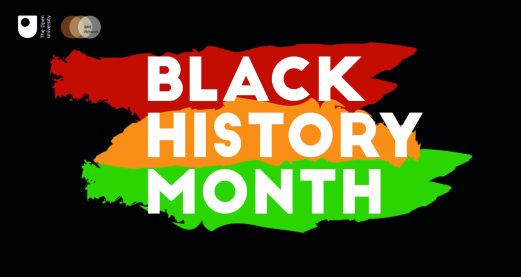
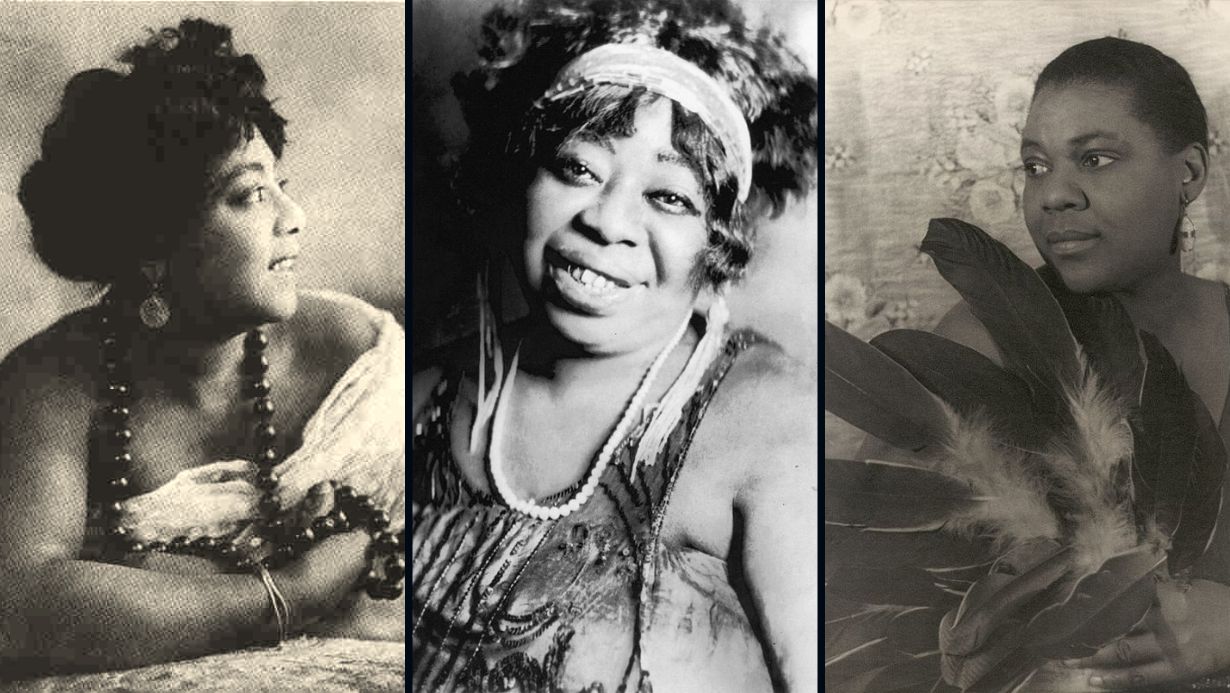
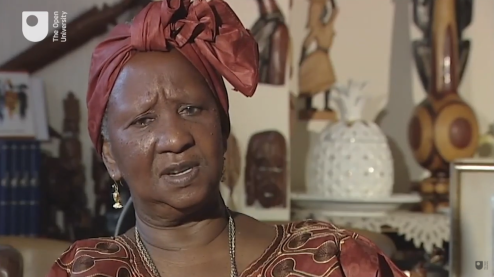
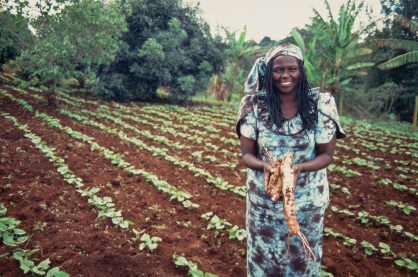
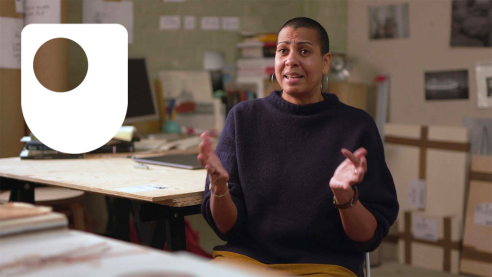
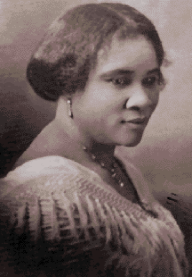
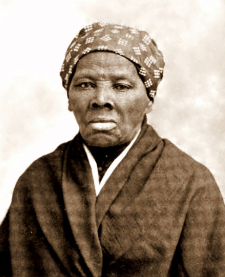
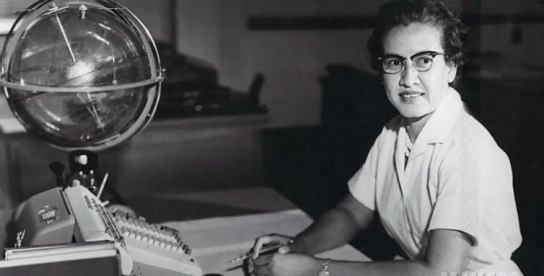
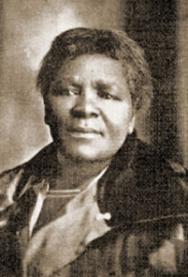
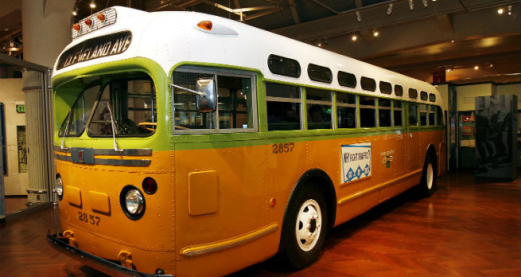


Rate and Review
Rate this video
Review this video
Log into OpenLearn to leave reviews and join in the conversation.
Video reviews